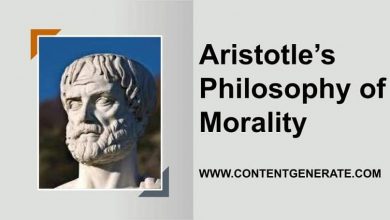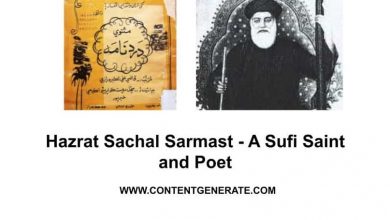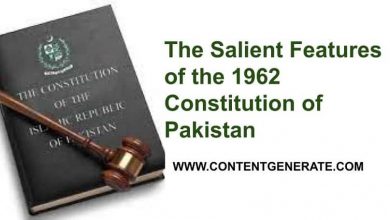Shah Waliullah Dehlawi – A Prolific Writer and Islamic Scholar

This post gives a brief but comprehensive account of the life of Shah Waliullah Dehlawai, a prominent Indian Muslim leader of the 18th century.
Contents
Name and birth
The original name of Shah Waliullah was Quṭb-ud-Din Aḥmad. He was born on February 21, 1703, in Dehli, India. He was a devout Muslim and known for his piety and religiously. This is how he came to be known as Shah Waliullah which means friend of Allah in Arabic.
Ancestry
He was born to an influential religious family with a strong attachment to the Mughal empire. His father, Shah Abdur Rahim, was a prominent Islamic scholar of his time and one of the important members of the committee that compiled Fatawa-e-Alamgiri, the code of law promulgated by Mughal King, Aurangzeb. The strong attachment with the Mughal empire can be judged from the fact that his grandfather, Shiekh Wajihuddin, served as an important officer in the royal army during the time of Shah Jahan.
Role as a scholar and religious leader
1. Specialization
Shah Waliullah had achieved command in Hanafi law, logic, and theology. He was also well versed in geometry and arithmetic. He had memorized Quran by the age of 7. With an in-depth understanding of the Holy book Quran, Fiqah, Hadith, and Islamic mysticism he had established himself as a role model for others. His deep understanding of the Qur’an, Hadith, Fiqah, and Sufism made him a highly knowledgeable scholar at an early age.
2. The message and vision
Unlike the great Sufi saints, Shah Waliullah encouraged Muslims to keep aloof from Hindus. According to him adopting a way of life that is in discord with the Arab culture is a deviation from the right path. Thus he strongly advocated the segregation between Hindus and Muslims and commitment to Arab culture.
Writings
(A) Translation of Holy Quran in Persian
In the times of Shah Waliullah, the common Muslim could be not literate in Arabic. They were able to read and understand in Persian rather. Keeping this situation in view, Shah waliullah translated Holy Quran in Persian thus becoming the first to translate the Holy book in Persian in India.
(B) Important book authored by Shah Waliullah
Shah Waliullah wrote books both in Persian and Arabic. Hujjat Allah al-Baliga and Izalah al-Khalifa are said to be among the most popular writings. There are more than 300 books to his credit that made him famous and an influential religious figure of his times. The themes that his books carry include God, spiritualism, metaphysics, prophetic tales, etc.
The following is a list of the most famous books of Shah Waliullah:
1. Hujjat Allah al-baligha
2. Lamahat
3. Al-Khayr al-Kathir
4. Al-Tafhimat
5. Sata’at
6. Ta’wil al-ahadith fi rumuz qisas al-anbiya.
7. Al-Budur al-bazighah
8. Fuyud al-haramayn
Mobilization against Marathas
Muslims hail him for his role in putting resistance to the Marathas who had annexed large parts of India that were previously under the control of the Mughal Empire. He was disappointed with the weakening military and administrative control of the Mughal empire and looked outside India for support against Marathas.
He is said to have persuaded the Afghan General Ahmad Shah Abdali to lead the invasion into India against the Marathas. The battle fought between the forces of Ahmad Shah Abdali and Marathas at Panipat in 1761 resulted in the defeat of the latter. This defeat weakened the power of the Maratha empire to annex and invade regions under Muslim control.
Role in bridging between Sufis and Ulema
Unlike the great Sufi saints, Shah Waliullah advocated segregation between Hindus and Muslims. Nevertheless, he felt indebted to the Sufi saints for their role in the spread of Islam in India. During his time the ulema (clerics) did not acknowledge the role of Sufi saints. Shah Waliullah as an influential religious leader impressed upon the vital role in India thereby acting as a bridge between Sufis and the Ulema.
Death and last abode
Shah Waliullah passed away on Aug 20, 1762, at the age of 59 in Delhi. He was laid to rest at Mehdiyan, a famous graveyard in Delhi where the tombs of his father and grandfather are located.




